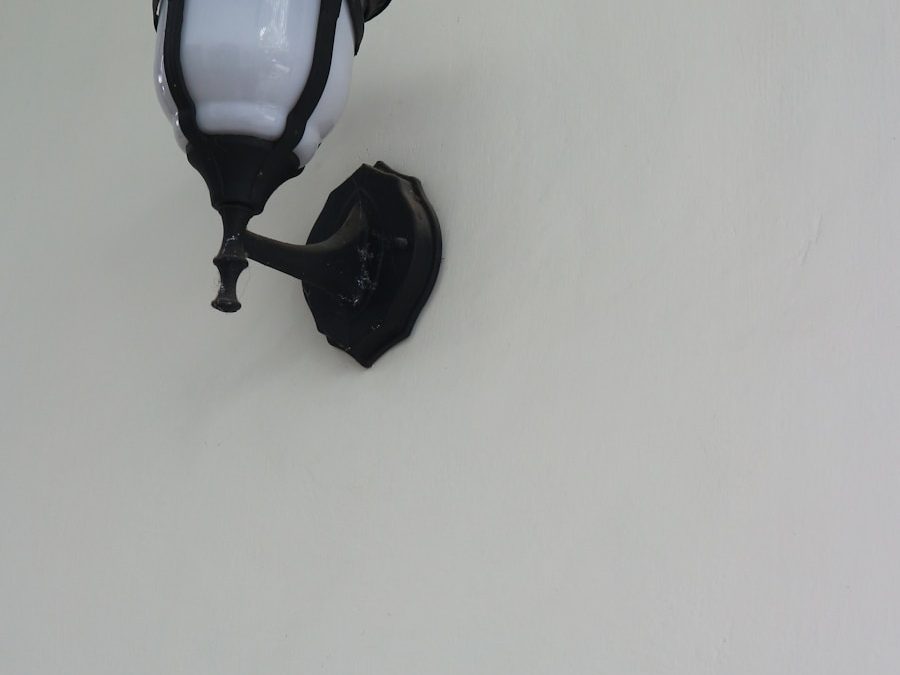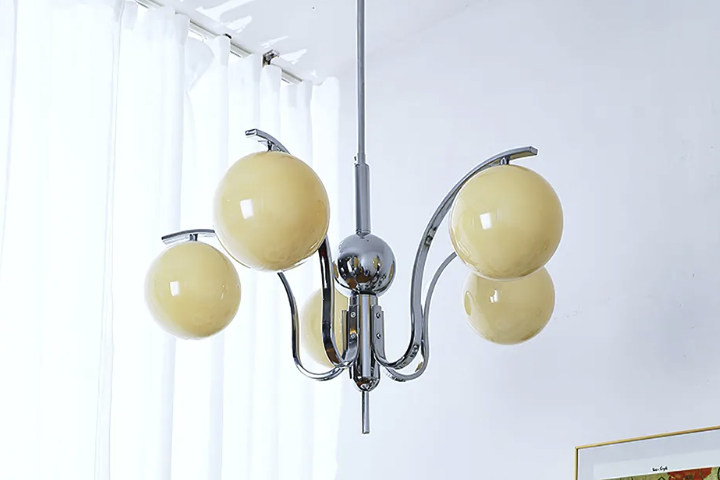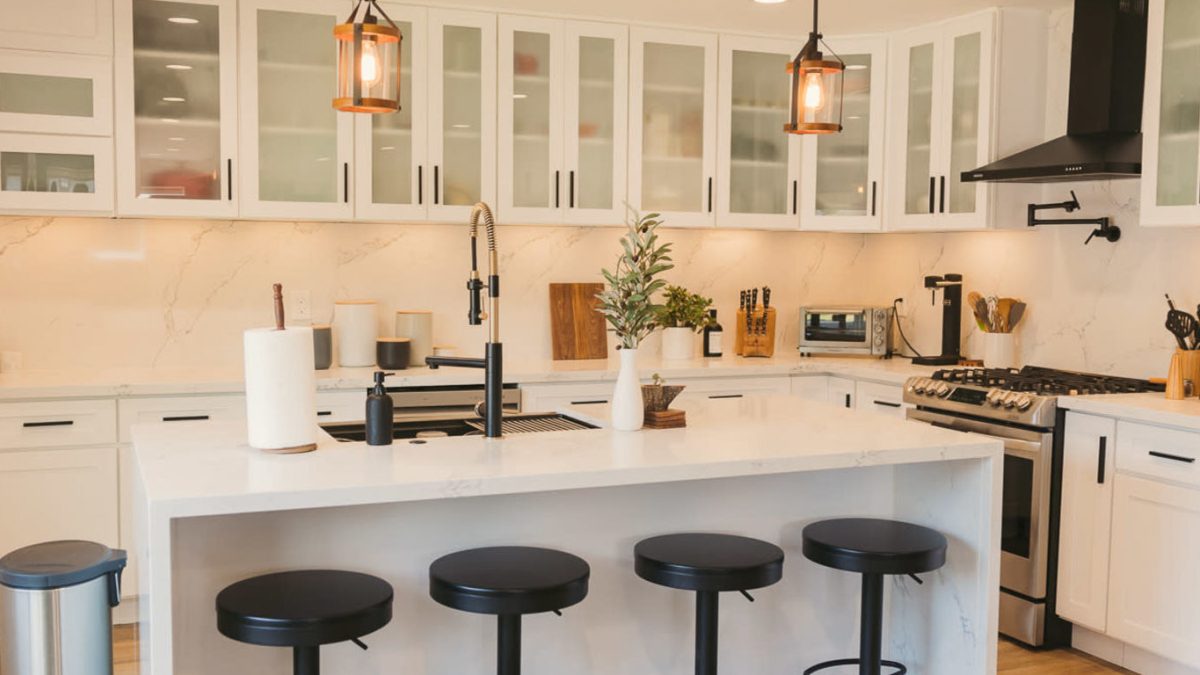Aesthetic Asymmetry: Unleashing the Beauty of Asymmetrical Lamp Shades
Introduction
Asymmetry is a design element that has gained popularity in recent years. It is a departure from the traditional idea of symmetry, which relies on balance and order. Asymmetry, while seemingly chaotic, can actually create a sense of tension and interest in an object or design. In the world of interior design, asymmetry has been incorporated into everything from furniture to lighting fixtures. One example of this is the asymmetrical lamp shade.
What is an Asymmetrical Lamp Shade?
An asymmetrical lamp shade is a lamp shade that lacks symmetry. This means that it does not have identical or equal sides or proportions. Asymmetrical lamp shades can have a variety of shapes such as uneven ovals, oblongs, trapezoids or even abstract shapes. These lamp shades are available in several materials including paper, parchment, fabric or metal.
Design Considerations for Asymmetrical Lamp Shades
There are several design considerations that must be taken into account when incorporating asymmetrical lamp shades into an interior design. One must consider the shape, size, color, and texture of the shade. In addition, the asymmetry should be balanced in such a way as to create a cohesive and harmonious look. The asymmetry should not be overwhelming or detract from the overall aesthetic of the lamp.
Design Tips for Asymmetrical Lamp Shades
Here are a few design tips to help incorporate asymmetrical lamp shades into your home décor:
1. Embrace the uniqueness of the shade: The asymmetrical lamp shade is designed specifically to stand out. Do not try to hide it or downplay its uniqueness.
2. Balance the asymmetry: While asymmetry can create a sense of tension, it is important to balance it with other elements in the room. This can be achieved through symmetrical furniture, artwork, or accessories.
3. Experiment with color: Asymmetrical lamp shades can come in a variety of colors. Try experimenting with different shades to see which one complements your overall design.
4. Play with texture: Asymmetrical lamp shades can be made from a variety of materials. Consider different textures such as linen, silk or even metal to create visual interest.
The Benefits of Asymmetry
Asymmetry can create a sense of movement and visual interest in a space. It can also help break up the monotony of traditional symmetry. Asymmetrical lamp shades can be used to create a focal point in a room or to draw attention to a specific part of a space.
Examples of Asymmetrical Lamp Shades
There are several examples of asymmetrical lamp shades on the market. One popular example is the sputnik chandelier, which consists of a series of asymmetrical orbs connected by rods. Another example is the jellyfish lamp, which has a free-form asymmetrical shade that resembles the tentacles of a jellyfish.
Conclusion
Asymmetrical lamp shades are just one example of how asymmetry can be used to create visual interest and tension in an interior design. While it may not be for everyone, those who embrace the uniqueness of this design element can create a one-of-a-kind look in their home. So why not add an asymmetrical lamp shade to your décor and unleash the beauty of asymmetry?



